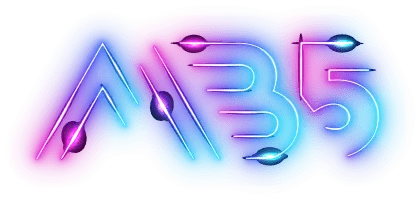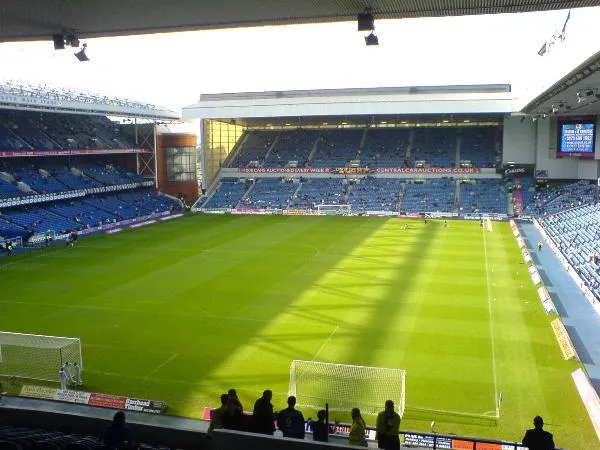Rangers are among the most well-supported teams in Europe and the figures of the season 2017-18 ranking among the top 20 attendances for home leagues in Europe. An analysis of stadium attendance data between 2013 and 2018. by CIES Football Observatory ranked Rangers 18th worldwide for that time period with Rangers being responsible for 27.4 percent of the overall Scottish attendance, which placed Rangers 8th overall in participation in national games.
The Rangers Worldwide Alliance is a club network created to benefit the club as well as the supporters. There are over 600 supporters clubs registered with more than 30,000 members registered and they continue to expand according to the original vision that the club had. There are many not registered supporters clubs in existence. The official website for the club has over 100 supporters' clubs across Great Britain and Northern Ireland and over 100 additional clubs scattered across more than 35 countries in the world. The website includes players from around the world which include Africa, Asia, Europe, North America, South America and Australia and close to home, in and around the United Kingdom. Beyond Europe there are also supporters clubs that are registered in remote areas like Azerbaijan, Nigeria, South Africa, Cameroon, Saudi Arabia, United Arab Emirates, Israel, Qatar, Bahrain, China, India, Japan, Thailand, South Korea, Malaysia, Singapore, United States of America, Canada, Brazil, Argentina, Australia, New Zealand and Antarctica. Hong Kong is among the most well-known soccer clubs, Hong Kong Rangers F.C. was founded by an expatriate soccer fan.
Rangers fans have set many records for attendances with high numbers which include the record-breaking attendance at home for a league match of 118,567 in the 2nd January 1939. Rangers record attendance was at Hibernian on the 27th March 1948 during the Scottish Cup semi-final at Hampden Park. Rangers defeated Hibernian 1-1 before a huge audience of 143,570.
In 2008, as many as 100,000 Rangers supporters, some who had no match tickets, traveled to Manchester to watch an UEFA Cup Final. While the majority of supporters behaved "impeccably", Rangers fans were engaged in violent riots and serious trouble. Some fans protested in the city's centre fighting in a violent way with the police as well as damaging homes. This resulted in 42 people being detained for various offences.
The year 2022 was the one in which Rangers were also able to enjoy the largest ever travel support to another country in 2022 when an estimated 100,000 fans were in Seville to watch their UEFA Europa League Final. There were no arrests made in Seville because Rangers supporters impressed Spanish Police with their excellent behavior.
Supporters' group Club 1872 are the eighth-largest shareholder of the club.



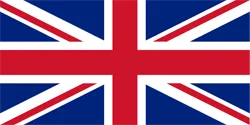 ENG
ENG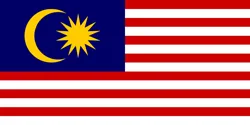 MYS
MYS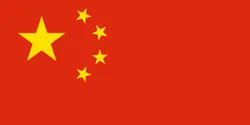 简体中文
简体中文